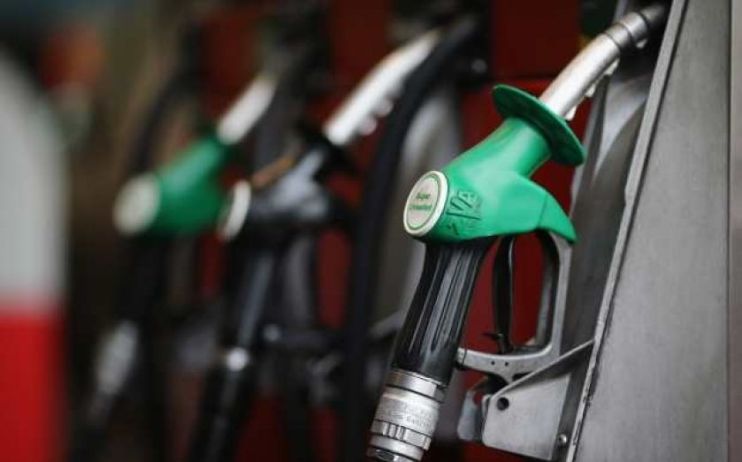Fuel price nears record £2 as petrol costs jump 0.6p in just 24 hours

Fuel prices have reached a record high of £2 per litre, going up by 0.6p in less than 24 hours.
The average petrol price has soared to 178.5p per litre while diesel amounted to 185.20p, meaning it costs £98.18 and £101.86 respectively to fill up a 55-litre fuel or diesel family car.
It comes as oil prices reached $120 a barrel after Saudi Arabia hiked crude prices for July, City A.M reported.
According to Simon Williams, fuel spokesperson at the RAC, motorists better brace themselves as costs will not go down at least until the end of the year.
“With analysts predicting that oil will average $135 a barrel for the rest of this year drivers need to brace themselves for average fuel prices rocketing to £2 a litre which would mean a fill-up would rise to an unbelievable £110,” he said.
The spike, Williams explained, is due a combination of demand soaring after lockdowns were eased in China while Europe and the US get ready for the summer peak driving season.
“All this combined with a weaker pound at $1.2 means wholesale fuel costs more for retailers to buy,” the RAC spokesperson added.
“The wholesale price of diesel is fast approaching 160p a litre which, when you add 7p retailer margin and 20 per cent VAT, would take the pump price over the £2 mark.”
The company has called on the UK Government to help struggling motorists after it was revealed that petrol prices rocketed over 10p in the course of last month – the second largest monthly increase on record.
The spike happened despite the 5p-per-litre duty cut set by the Chancellor in his Spring Statement in March.
Labour’s shadow transport secretary Louise Haigh accused the government of being “too busy tearing themselves apart to tackle the brutal price hikes facing working people.”
“Motorists are being taken for a ride, and this hapless Government are too distracted to do anything about it,” she added. “The Conservative government needs to tackle the brutal petrol hikes, and support Labour’s call to put money back in the pockets of working people with an emergency budget.”